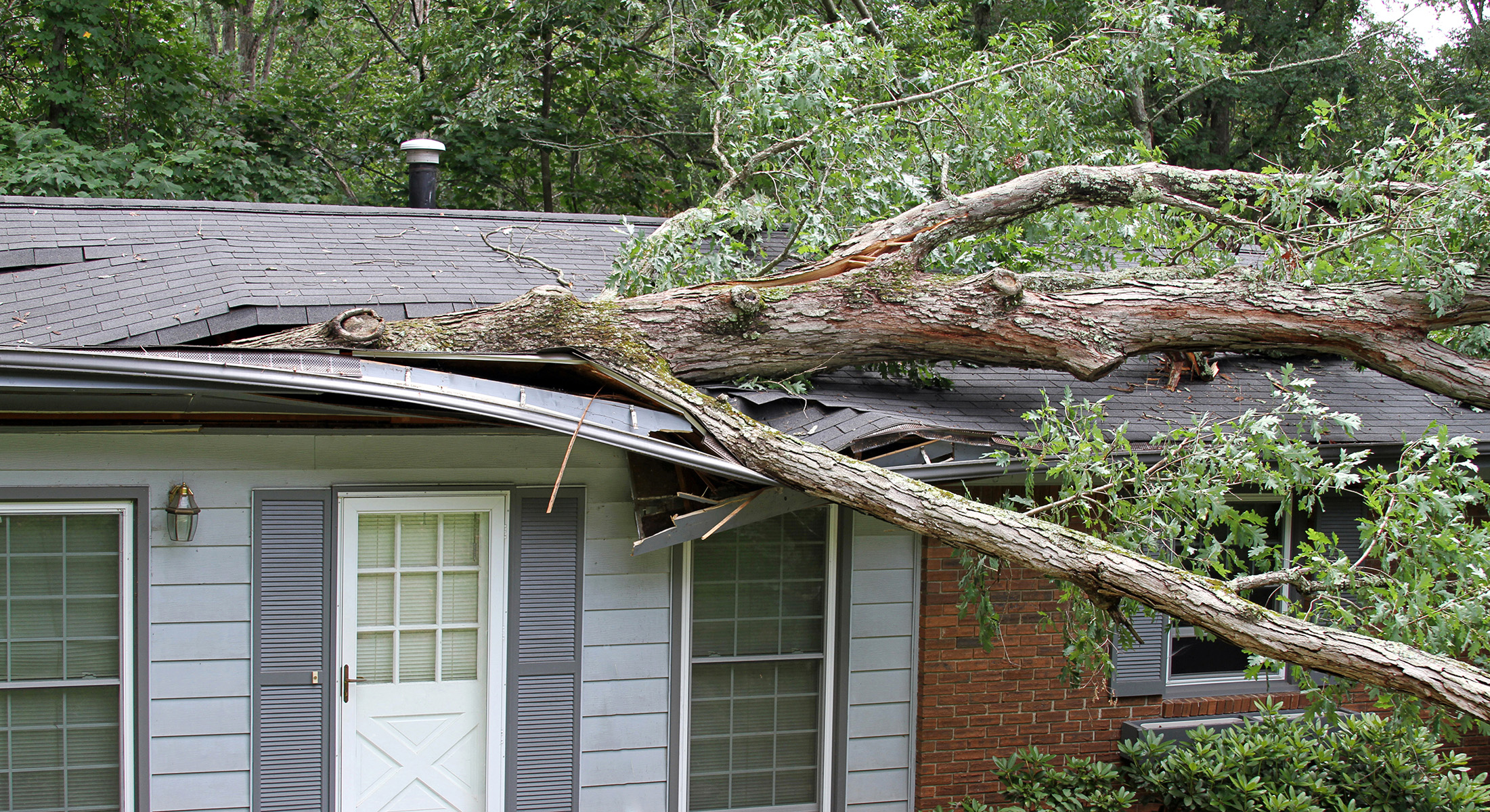Ensure you and your home are covered before a natural disaster strikes. According to The Washington Post, disasters caused $306 billion in total damage in 2017. From hail to hurricanes, small to catastrophic – it is important to be prepared. Here are some tips from a few Long & Foster Insurance professionals on how to file an insurance claim after a disaster.
According to Vernon Hawkins, Long & Foster Insurance regional manager of the Montgomery County/Southern Maryland and Washington D.C., regions, there are several steps you should take immediately if you and your home are affected by a natural disaster.
- Call your insurance agent or company to determine whether or not you should file a claim.
- Ask your insurance company if your policy includes temporary living expenses.
- Your insurance company will likely schedule a claims adjuster to come out and access your damage.
- Take photos immediately.
- Document everything. Create an inventory list of items that were damaged and/or lost.
- Don’t throw away any damaged items.
- Make temporary repairs to stop further damage, but do not repair completely because the insurance company will not be able to assess the actual damage.
- If you suffer water damage to personal belongings, it is important to bag those items to help the claims adjuster assess the replacement cost.
- You should have a contractor come to your home to analyze the damage. The claims adjuster and your contractor can talk to ensure they align on damage and overall costs.
If you are renting a property, make sure you have renters insurance to protect yourself and your personal belongings. “A tenant has no insurable interest in the structure of the home itself, so only the owner of the property can file a claim for the physical loss of the structure,” explains Bryan Baker, Long & Foster Insurance regional manager of the Baltimore region. “However, if a tenant does not have renters insurance, they would have no coverage for themselves and their possessions if a catastrophe occurred.”
When a disaster strikes a particular area, insurance companies and contractors are spread thin. Stay in touch with your claim adjuster, recommends Baker. “The more communication, the better.”
If you’re unsure or have questions about your insurance coverage, contact your insurance agent. They can make sure you have the coverage you need.
